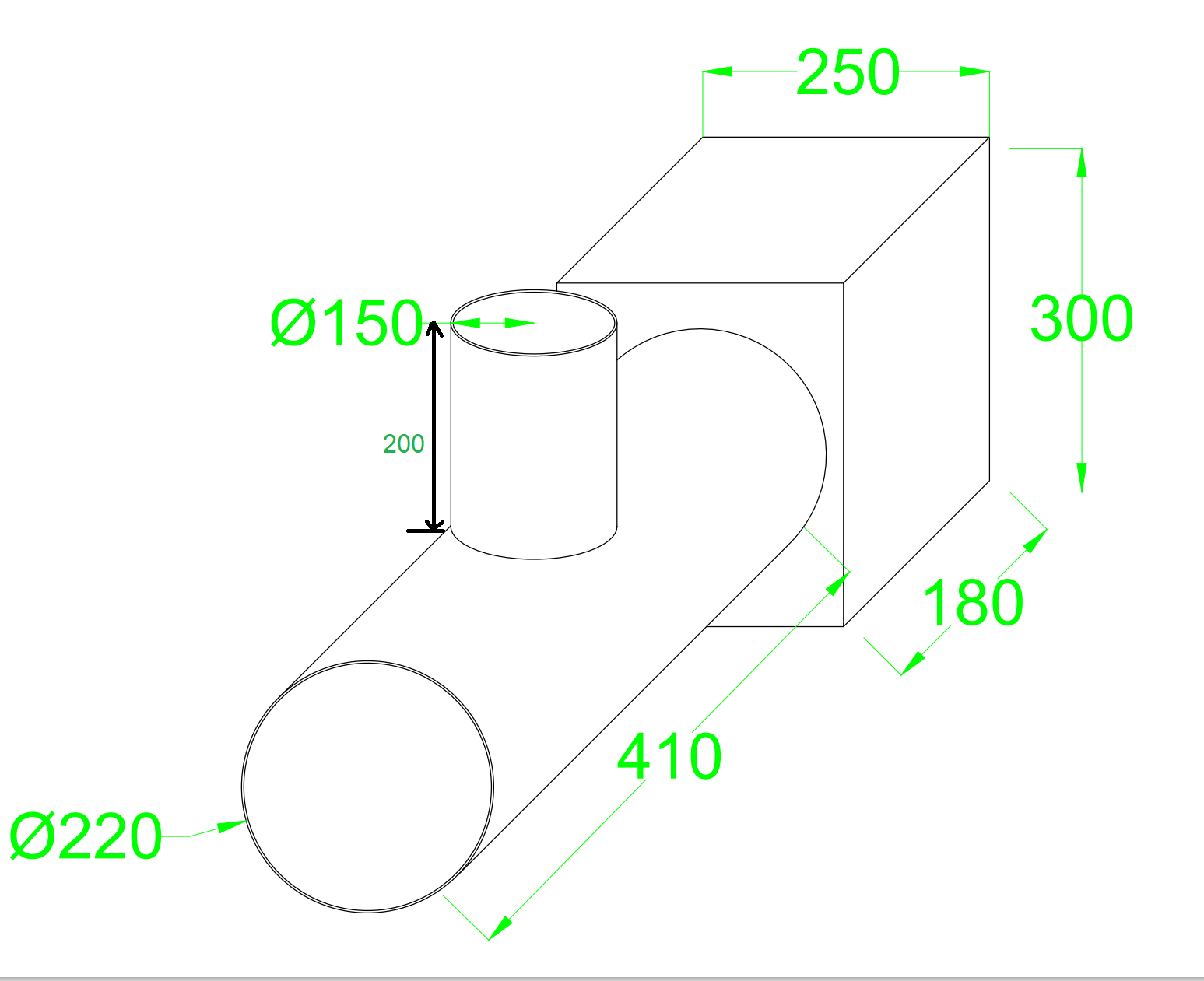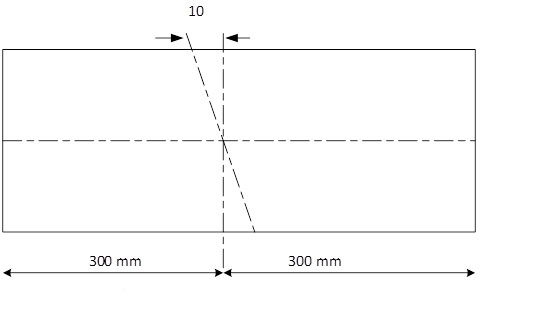
The Boilermaking Level 3 course is designed to equip trainees with advanced knowledge and practical skills required in metal fabrication and structural steelwork. Building on the foundations of the previous levels, this course focuses on complex fabrication processes, precision welding, pipework development, and heavy steel structures. Trainees will also develop competence in interpreting technical drawings, applying safety standards, and working with a range of tools, equipment, and materials. By completing this level, learners will be prepared for greater responsibility in the workplace, with the ability to perform tasks to industry standards and contribute effectively to large-scale engineering and construction projects.
- Trainer: Notburga Ndengu

?
- Trainer: Notburga Ndengu
Module Purpose:
The purpose of this module is to enable trainees to demonstrate knowledge of engineering metals, properties and
standards. Trainees will be able to identify engineering metals, their characteristics, applications and common metal tests used in engineering;
demonstrate knowledge of steel section and standards
- Trainer: Tuuda Nepembe
This unit standard specifies the outcomes required to apply numeracy skills in a workplace environment. It includes applying basic knowledge of number and statistics, measuring materials and objects and performing basic geometric functions.
This unit standard is intended for people requiring basic numeracy skills to apply in a work environment.
- Trainer: Evans Nchindo
Purpose
This unit standard is intended for those who Demonstrate knowledge of engineering metals,
properties and standards. People credited with this unit standards are able to identify
engineering metals, their characteristics, applications and common metal tests used in
engineering; demonstrate knowledge of steel section and standards.
This unit standard is intended for those who works as Welders and Boilermakers
Range
Metal used in engineering include ferrous metals, alloys and non- ferrous.
The difference between ferrous and non-ferrous metals and alloys must be explained in terms
of color codes, strength, density, corrosion resistance, electrical conductivity and magnetic
properties
Characteristics include yield stress, proof stress, ultimate tensile stress, % elongation, impact
strength, toughness, fatigue strength, wear resistance, heat resistance, hardness, bend
Methods of processing engineering metal include machining, casting, rolling, forging,
extrusion, drawing and spinning.
Methods of manufacturing include hot working, cold working and thermal processes.
metal tests must include tensile, hardness, shear, impact, spark and bend tests
Heat treatment processes must include homogenizing, annealing, normalizing, stress
relieving, hardening, tempering and case hardening.
Changes in metal properties include a variety of changes in state, e.g. strength, hardness,
ductility, magnetism, dimensions and color.
- Trainer: Tuuda Nepembe

This unit standard is intended for those who make templates and jigs as part of metal fabrication
operations. People credited with this unit standards are able to identify and select tools and
material; mark off templates and jigs; form templates and jigs.
- Trainer: Tuuda Nepembe